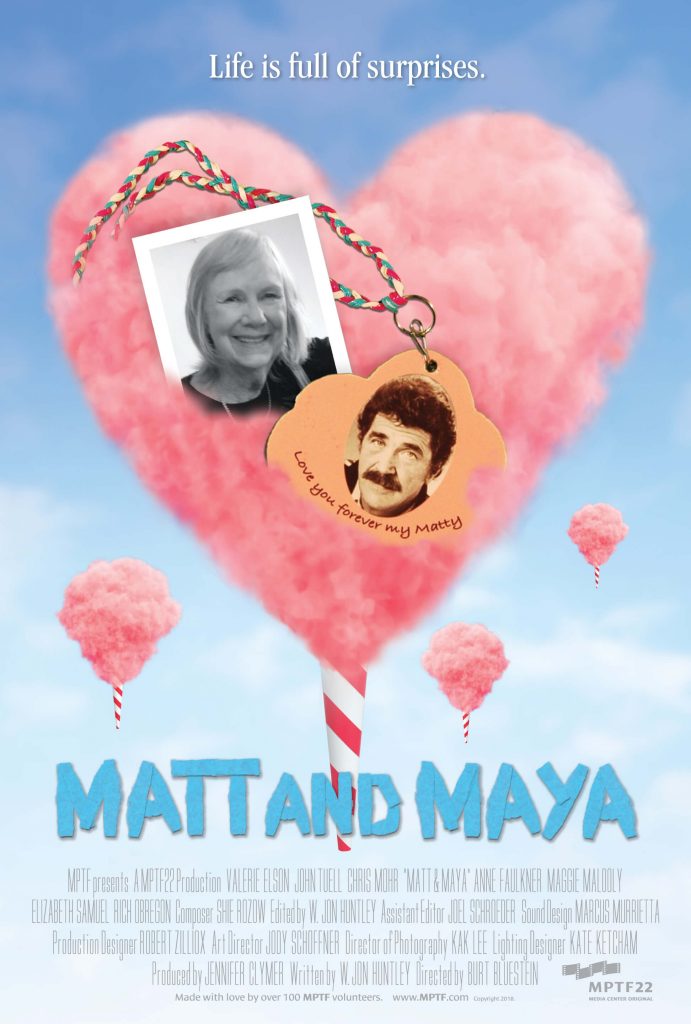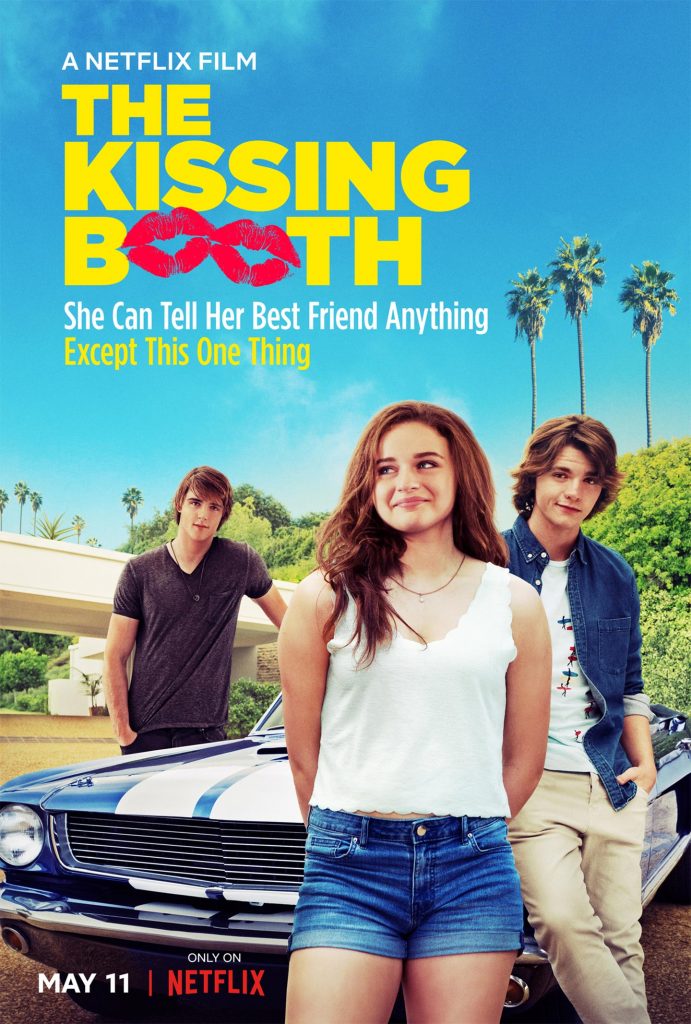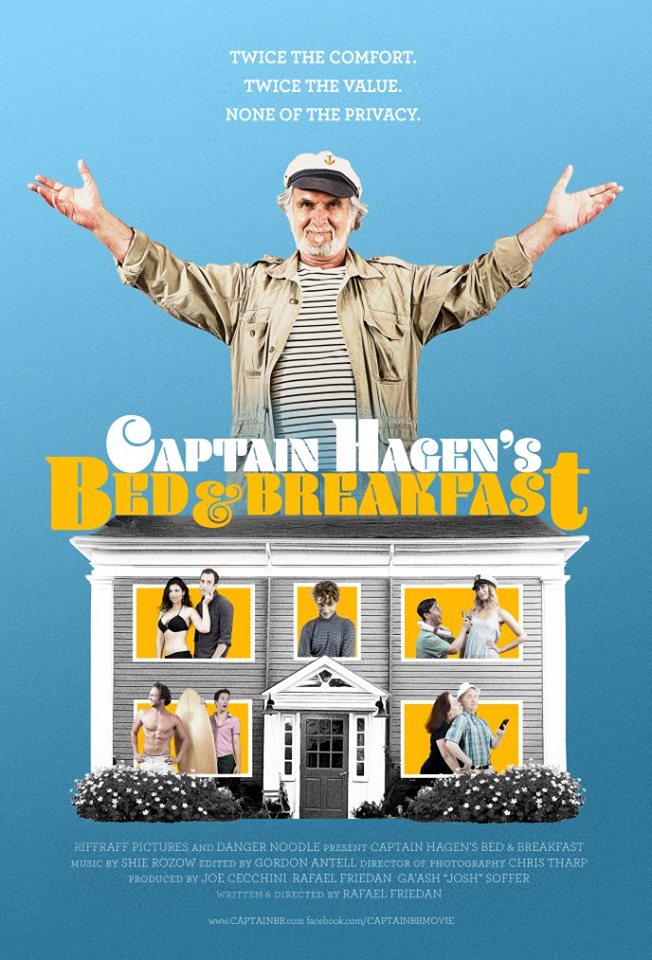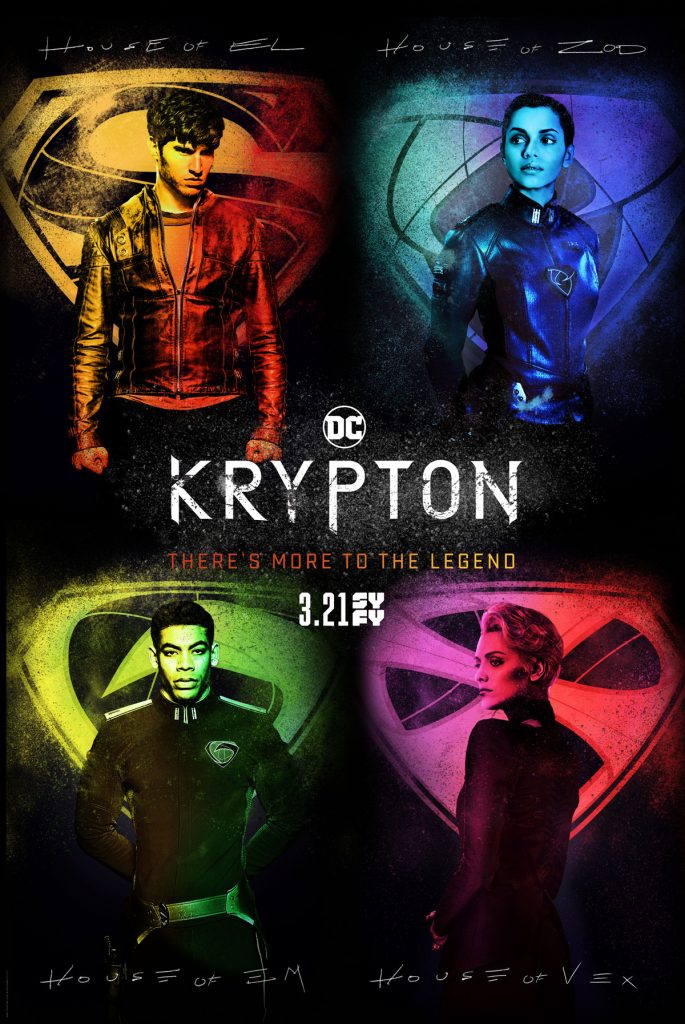
What is a Music Editor?
The art of music editing is often misunderstood and under-appreciated, but a great music editor can be one of the greatest assets a filmmaker and a composer can have.
What is music editing?
In its essence, film & TV music editing is the manipulation of musical tracks against picture. On a very basic level the simple act of lining up music against picture is music editing. But it’s so much more. Shortening or lengthening a piece to fit a scene, moving parts of a cue around to better serve the picture, preparing sessions for the mix, providing creative and technical advice and support, creating spotting notes, cutting temp scores – all these and much more fall under the purview of music editing.
What is a music editor?
Music editors can fulfill a variety of helpful tasks in shaping the musical soundtrack of a project, ranging from creative to technical. They can help find the musical direction of the production, help with spotting, create a temp-score, adjust music to accommodate picture changes, help on the final mix and much more. If there are musical numbers in the film, a music editor can help prepare for the shoot and help on set when shooting. They also typically handle music deliverables and create cue sheets. They are one of the greatest assets a composer and a filmmaker can have.
Music editors are experts at using music to tell a story in different ways. A good music editor can help find the musical direction of a show, or even a scene by trying out different ideas and suggesting different options for the filmmaker and/or composer to explore. They can show how different approaches affect the film and help articulate what the music is doing. They can often bring a fresh approach or point of view to a scene expanding the filmmakers and/or composer’s array of options.
Music editors can help you figure out where to use music, and how it should function. This is called spotting. As experts in using music to further a story, they can help spot the film and demonstrate how the placement of music can affect the story. A good music editor should be able to make strong arguments regarding the 5 W’s of film music (Where? Why? What? When? And Who?) And help find the best musical solutions for the filmmaker’s storytelling style. Music editors are typically the ones taking notes during the spotting session and creating spotting notes and a master cue list for the composer and filmmakers.
Music editors can create a temp-score. With their vast knowledge of music and how it functions in film, a good music editor can find existing music to cut against picture to create a temp-score that can serve as a blueprint for the composer(s). A great temp will be well spotted, have music that does all the right things at all the right moments for the filmmaker’s storytelling approach, and serve as a communication tool for the filmmaker to discuss the original score with the composer. It also serves as a place-holder when showing the film to executives, friends or test audiences.
Music editors can help filmmakers edit their film. While not picture editors, they can help the editor find the pace of a scene by offering temp music ideas, which will affect how s/he cuts the scene. This also applies to the grand arc of the film edit, by cutting temp music they can help the filmmakers and the editor get a better sense of the overall pace of the film, where things are lagging, where things are moving too fast, where they might want to expand on linger on a moment, or tighten another and so on.
Music editors can help find the right composer for a project. A good music editor will have near encyclopedic knowledge of film music and composers and should be able to recommend composers either through personal relationships or based on familiarity with their music. Sometimes they end up using a lot of music by the same composer in a temp, which is a clear indication that person could be a good fit.
Music editors can help find the right music supervisor for your project. Music editors work with music supervisors all the time and can help you find a great if needed.
Music editors handle conforming the temp music as picture changes are made, making sure the music still fits well and that the music edits are smooth. Sometimes a picture edit changes the pacing of a scene requiring changing the temp music altogether. If changes are made to the picture after the original score has been delivered, a music editor will conform the score flawlessly making it seem that’s how it was always intended to be. Sometimes during the final mix, the filmmaker realizes things aren’t working as expected when the final sound and music elements are married. A music editor can address these issues, making changes to the music as needed. This can be as simple as muting a music element that isn’t working, or more involved requiring re-cutting a cue to change the sync, or in some cases removing the cue altogether and finding/creating something completely different using other parts of the score.
When working on a musical, or if there are musical numbers in a production, having a music editor involved early can be extremely beneficial. They can help with all the preparatory technical and creative aspects involved in shooting a musical number. They can work with the actors, helping them learn the songs. They can work with the on-set sound mixer, or the playback operator to make sure the music is properly triggered on set. If a thump-track is used, they can create it. And they can be on-set as an extra pair of eyes and ears focused on proper sync so everyone else can focus on the performances and what they do.
When working with composers, music editors can provide a wide range of services. Often the music editor will be like a project manager, helping keep everything on track. They can offer feedback on cues before they go to the filmmakers, they can track scenes that the composer hasn’t yet touched to offer ideas or inspiration. They can conform cues to new picture before hitting the scoring stage. They are often the conduit between the composer and the cutting room. They can help find the tempo of a scene, create click tracks, and so much more. A great music editor can really be the composer’s right hand man or woman.
Music editors do a lot of prep work for scoring sessions. They will coordinate with the orchestrator(s), recording and mixing engineers, the recording studio/scoring stage and make sure all the technical an logistical issues are sorted out. They often prepare the ProTools sessions for the stage, making sure pre-records are properly lined up, that the MIDI track is properly synced to picture and that the clicks are ready to go for the orchestra. They confirm that everything matches the printed scores before a single note is recorded.
During scoring the music editor is an extra pair of ears, focusing especially on how the sync looks. They take notes regarding each take and are ultimately responsible for making sure the proper takes are cut together before going to mix (often the recordists or the mixing engineer’s assistant will do this, but ultimately it’s the music editor’s responsibility to make sure it’s right). They handle any sync related changes that happen on the scoring stage, sometimes quickly creating a new click track. They solve any other sync related issues that come up.
During the music mix, the music editor makes sure the mixing engineer has everything s/he needs. They handle any changes/tweaks necessary. They make sure the mixing engineer is aware of any specific stemming requests that might have come up before or during scoring.
Music editors also prepare everything for the dub stage. They build the ProTools sessions using the final mix stems, do any conforming that may be necessary before and during the final dub, and cut any songs that are used.
A music editor can help shape the final mix. They can offer advice on how loud or soft the music should play at any given moment. They can help the mixer by providing useful technical and creative information about the music. They are an extra set of ears on the dub stage to help the filmmakers navigate the mix, so it best supports their storytelling style.
When all is said and done, the music editor will usually be in charge of providing the music deliverables to the studio, including creating the cue sheets that are submitted to the PROs so that everyone involved collects their royalties.
I’m sure I’ve missed some of the many things a music editor does in this blog, clearly the job can vary greatly, and it varies from project to project. Each film is different, each filmmaker is different, each composer is different, TV shows have different demands, as do games and so on. But hopefully this provides a reasonable overview of what music editors do. If you have any questions or comments, don’t hesitate to reach out and contact me.





